Which Greek God Is Thought to Be Physically Ugly?
Ever heard of Priapus?
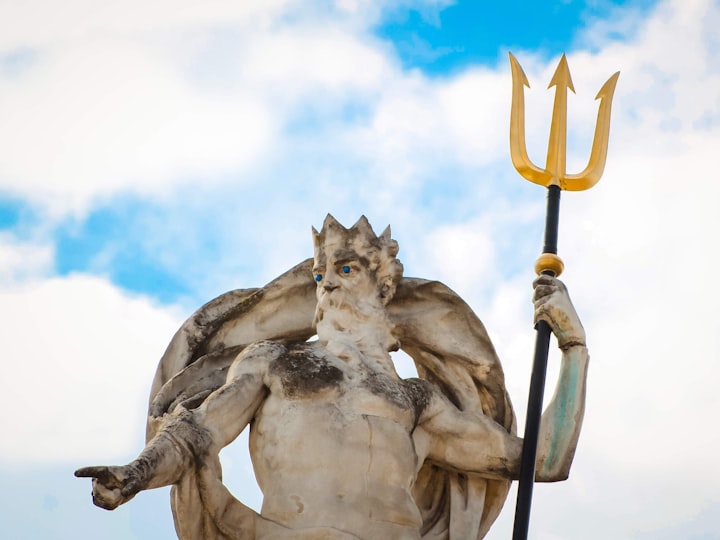
A huge part of Greek mythology that appeals to the majority of people, both local and foreign, is the age of gods and mortals and especially the stories regarding the twelve Olympians.
You probably already know that Greek gods were known for their impeccable beauty. However, a lot of people wonder whether there was any Greek god that was, well, ugly?
The answer is yes. And I have photos that prove it.
Greek mythology is the collection of myths concerning the world's origin and nature, told by the ancient Greeks. Up to this day, it is a common practice for scholars to study Greek myths in order to acquire more information regarding ancient Greece, its civilization, political institutions, ritual practices and more.
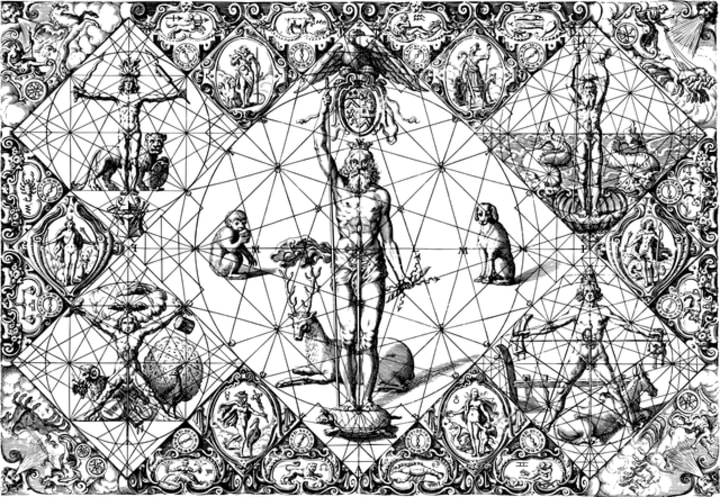
All Greek Gods That Were Thought to Be Ugly
As mentioned above, despite what many people might think, not all Greek gods were endowed with beauty. Some of them are described and depicted as very unattractive. Moreover, according to the myth, their ugliness even cost them their place at Mountain Olympus.
I'm talking about:
- Hephaestus, god of fire, metallurgy, and blacksmiths
- Pan, god of the wild
- Priapus, the god of fertility
- Geras, god of old age
- Achelous, god of Acheloos river
#1. Hephaestus
Hephaestus was an Olympian god, considered to be either the son of Zeus and Hera or Hera's parthenogenic child.
He is mainly known as the god of fire; however, he was also the god of metalworking and forges whereas he often acted as a blacksmith for the other gods too.
Hephaestus was the only ugly god among the perfect-looking Olympians. In fact, according to the myth, he was considered so ugly that when he was born, he was thrown off Mount Olympus by his own mother, Hera.
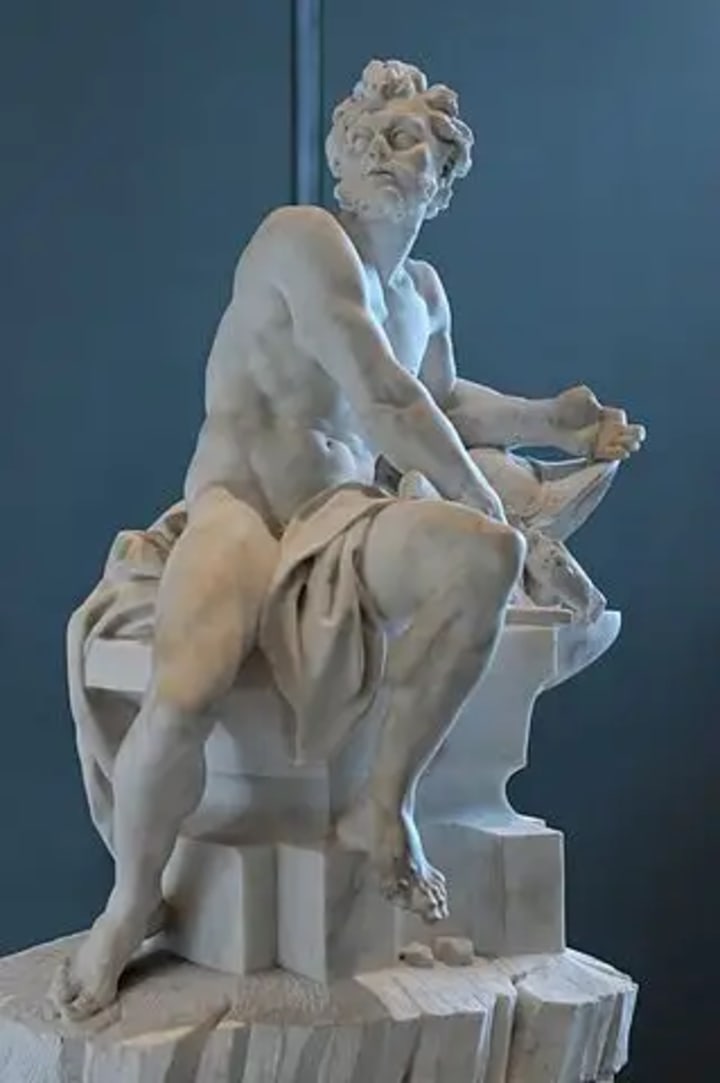
#2. Pan
Another Greek god who wasn't endowed with beauty was Pan, the god of the wild and the protector of shepherds and flocks.
Pan was said to have the looks of a "faun": a mythological half-human, half-goat creature. He is described as a creature with horns, hindquarters and legs similar to a goat.
The interesting thing is that, despite his ugliness, he was well known for his sexual powers and was often affiliated with sex. In fact, it was common for girls with multiple sexual encounters to be called "Pan girls".
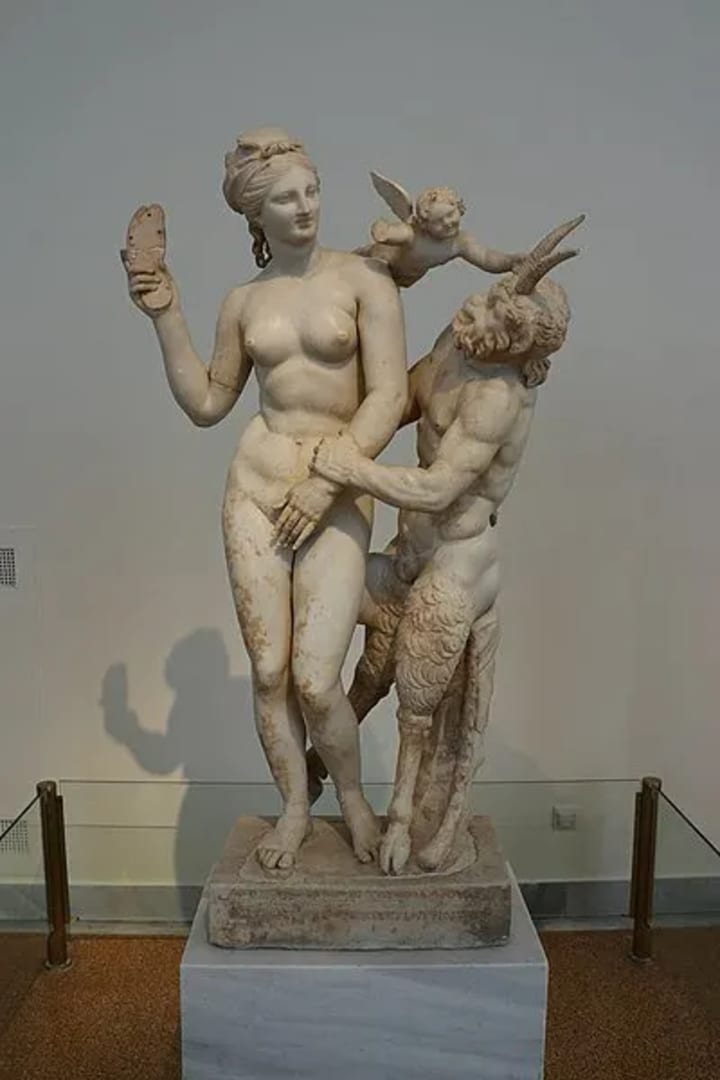
#3. Priapus
Priapus was the god of fertility and the protector of plants and fruits. His mother was ironically Aphrodite- the most beautiful and desirable goddess.
According to the myth, Hera cursed Priapus when he was in Aphrodite's womb due to her jealousy of the latter. More specifically, Hera got extremely jealous when Aphrodite was awarded the Golden Apple of Discord from Paris of Troy, who considered her to be way more beautiful than Hera.
Due to Hera's curse, poor Priapus was born powerless and ugly.
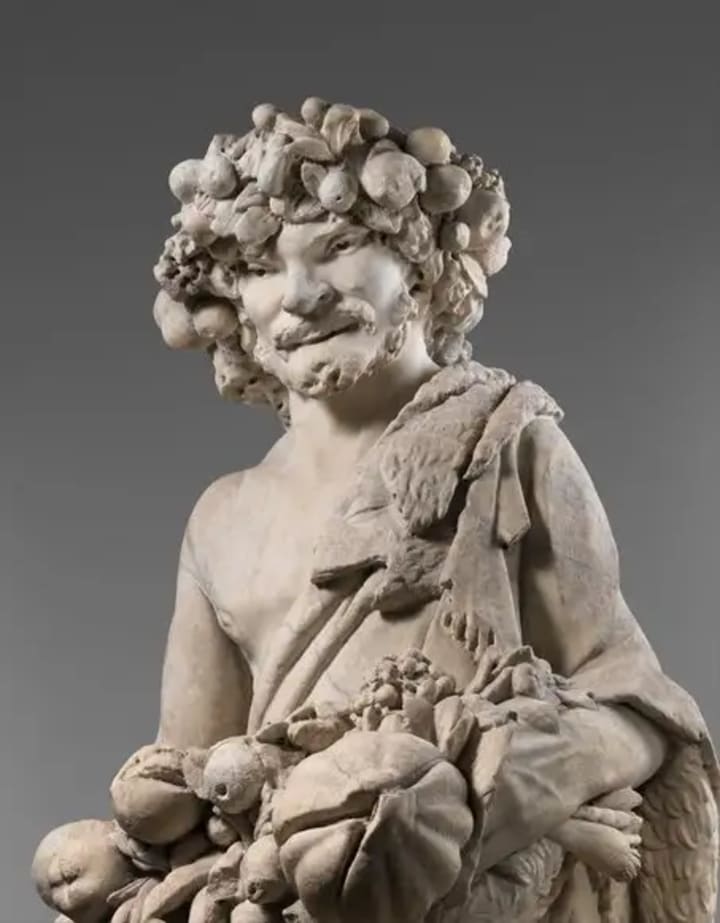
#4. Geras
Geras was the Greek god of old age, that lived in the Underworld and spread fear among the mortals. The word "geras" actually referred to wisdom in Ancient Greece.
The more geras someone had, the more important a person he was thought to be. In modern Greek, the word means "old age".
As a god, Geras is depicted as a tiny, shriveled-up old man whereas his body is thought to portray old age and the fear humans have for aging and death.
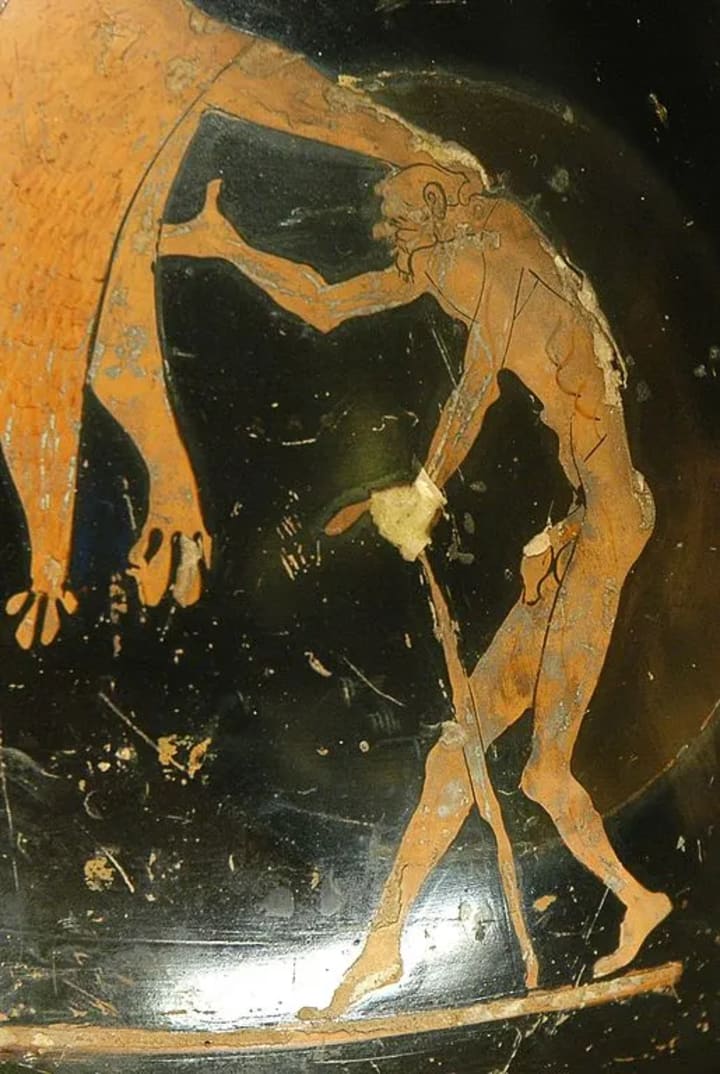
#5. Achelous
The last in our list of the not-so-charming gods, is Achelous, the god of Acheloos river, one of the longest rivers in Greece.
If you have read about the myth of Hercules—the most popular figure in Greek mythology—it is likely that you have come across Achelous's name. He is actually said to having once competed with Hercules for the hand of the latter's wife, Deianeira.
Achelous is depicted in many forms. The first one describes him as an old man with horns in his head, the second one as a bull with the head of an old man, whereas the last one portrays him as a merman with a fishtail instead of legs.
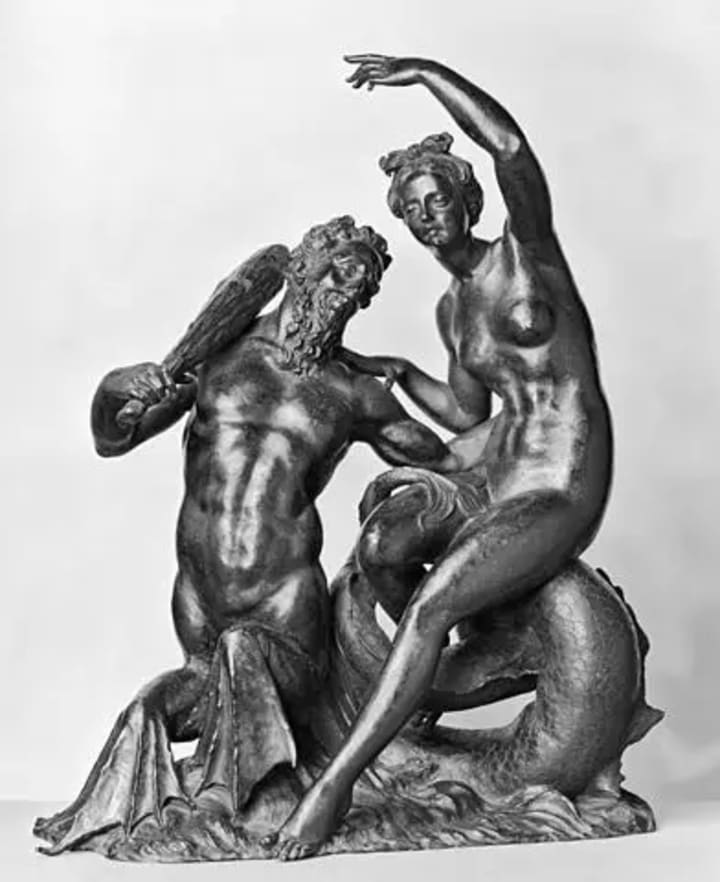
About the Creator
Margaret Pan
Words have power.
I write about relationships, psychology, personal development, and books.
https://linktr.ee/margpan


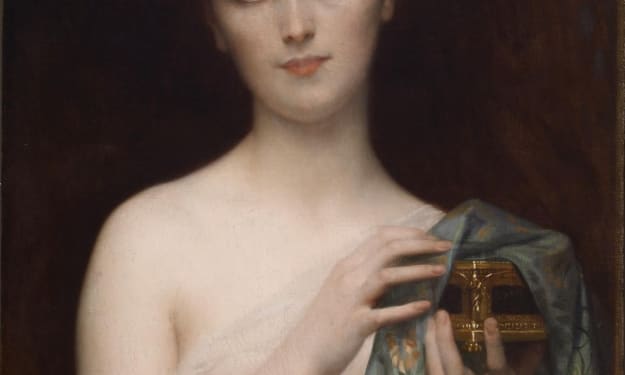



Comments
There are no comments for this story
Be the first to respond and start the conversation.